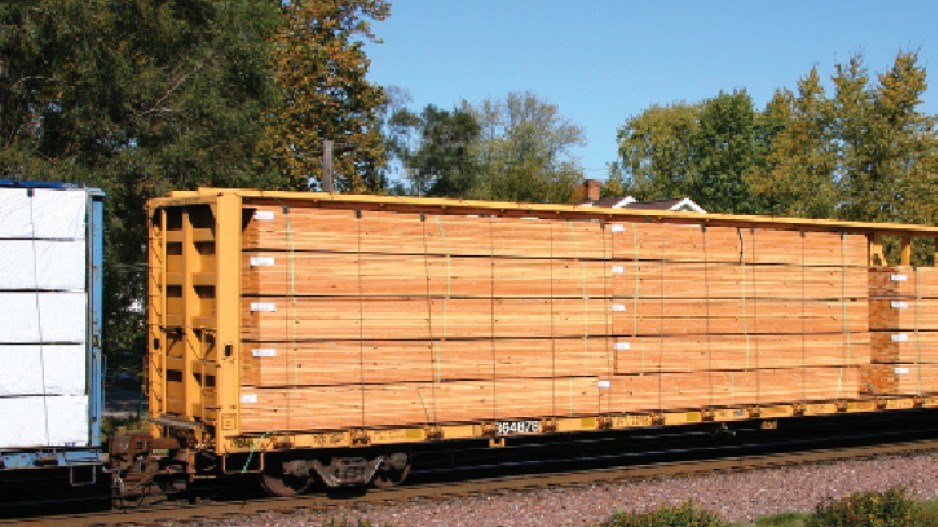Signing on to the Trans Pacific Partnership doesn’t mean Canada is ready or capable of delivering goods to foreign markets. According to a report from the Asia Pacific Gateway Skills Table (APGST), the transportation industry in western provinces will face hiring problems with workers either retiring, moving out of province or leaving industries involved with international trade.
The report anticipates transportation industry growth in the western provinces to be over 36,000 workers. According to APGST, more than half of these new workers will be newly trained or new to the workforce.
B.C. is to face the largest amount of industry retirement with the loss of 27% of its transportation workforce. The province is expected to have the heaviest reliance on foreign workers to manage its labour supply growth. B.C. is the only province that can expect a steady yearly supply of employees from other provinces. While Alberta will receive more out-of-province workers, the inflow will not be as steady or distributed across trade-industry sectors.
The industry is also expect to gain employees from other industries. Workers changing occupations or returning to the labour force are expected to make up 20% of the labour supply. Over time this will become a larger source of labour supply.
Air pilots, flight engineers and flying instructors is the sector that will see the most growth assumed by foreign workers, at 56%.
Pacific trade has been a topic of national discussion as 12 countries set out to sign the world’s largest trade agreement incorporating 40% of the world’s economy.
APGST is a not-for-profit partnership between businesses, labour and training institutions aimed at addressing labour shortages in western provinces among industries involved with international trade.




